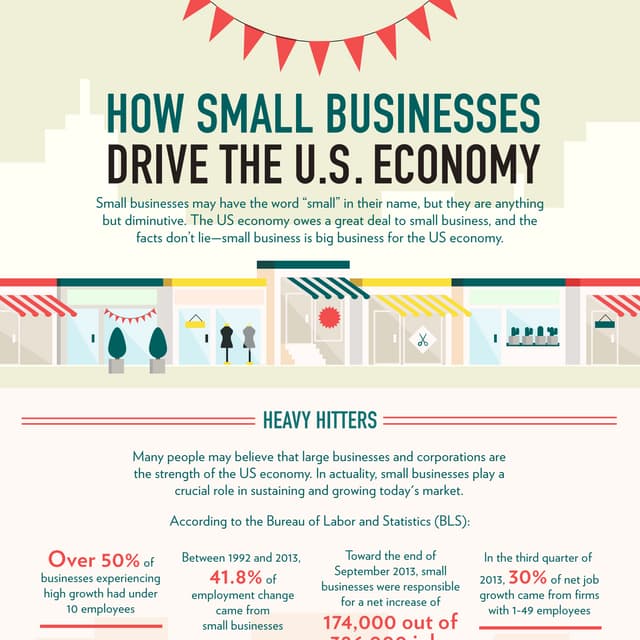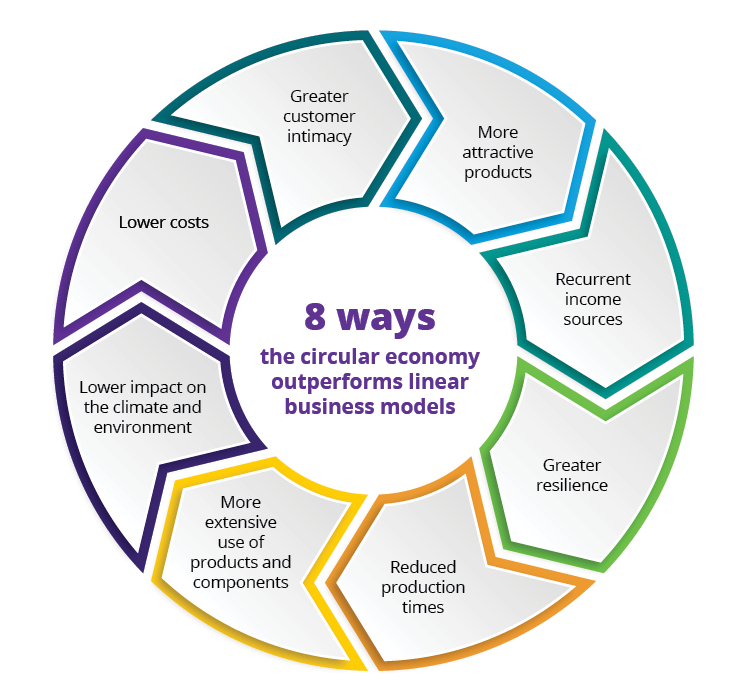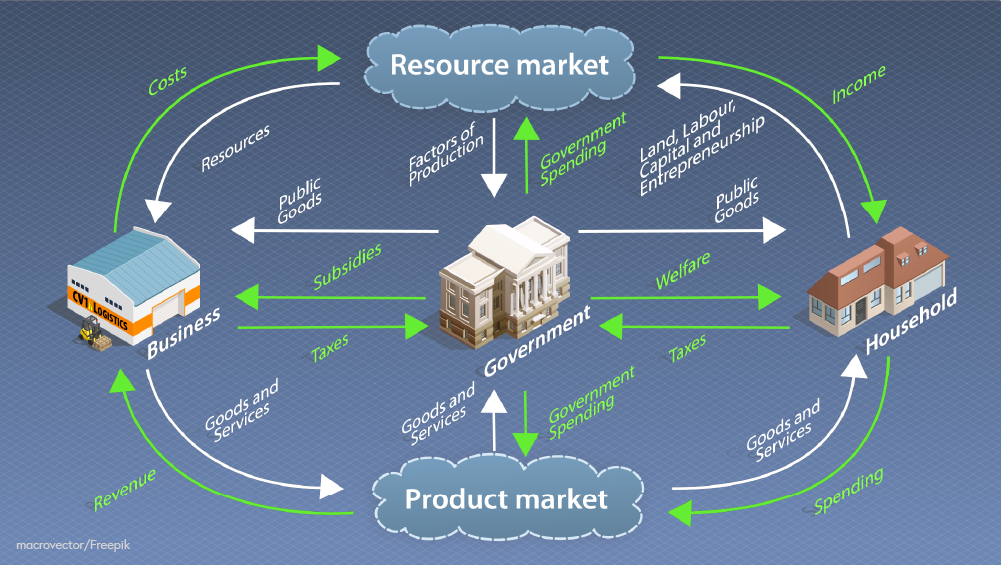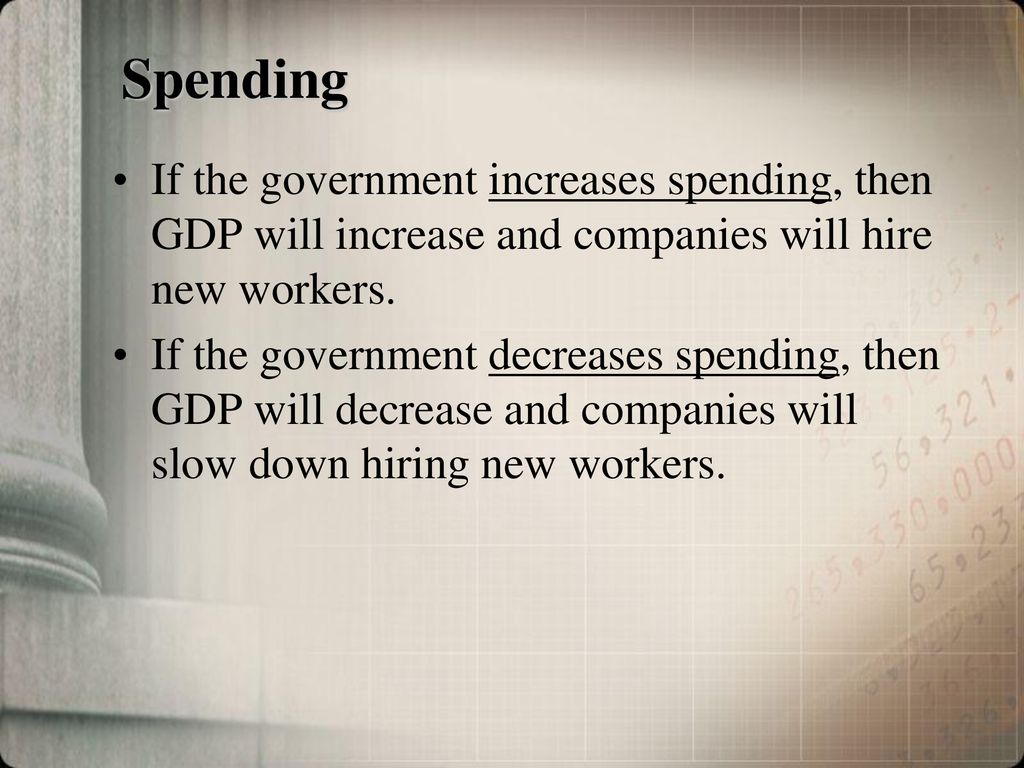How Does A Business Help The Economy

The health of a nation is inextricably linked to the vitality of its businesses. From bustling startups to multinational corporations, these entities form the backbone of economic prosperity. Their impact reverberates through communities, shaping employment rates, driving innovation, and ultimately, determining the standard of living for millions.
But how exactly does a business contribute to the complex machinery of the economy? This article delves into the multifaceted ways businesses fuel economic growth, exploring their roles in job creation, innovation, tax revenue generation, and the stimulation of both local and global markets. We will also consider the potential downsides and the ongoing debate surrounding corporate responsibility in the 21st century.
The Engine of Job Creation
Perhaps the most direct contribution of businesses is in generating employment. Businesses, especially small and medium-sized enterprises (SMEs), are significant employers, according to the Small Business Administration (SBA). These jobs provide individuals with income, allowing them to participate more fully in the economy as consumers.
Furthermore, the creation of jobs has a ripple effect. As employment rates rise, demand for goods and services increases, leading to further business expansion and even more job opportunities. A thriving job market boosts consumer confidence, driving further economic activity.
Fueling Innovation and Progress
Businesses are at the forefront of technological advancements and process improvements. They invest heavily in research and development (R&D), leading to new products, services, and ways of doing things. This innovation drives productivity growth, allowing economies to produce more goods and services with the same or fewer resources.
Consider the impact of companies like Apple or Tesla, whose innovations have revolutionized entire industries. Their breakthroughs not only create new markets but also inspire other businesses to innovate and compete, further accelerating technological progress. This cycle of innovation is crucial for long-term economic growth and competitiveness.
Tax Revenue: Funding Public Services
Businesses are a major source of tax revenue for governments at all levels. Corporate income taxes, payroll taxes, and sales taxes all contribute significantly to government coffers. These revenues are essential for funding public services such as education, healthcare, infrastructure, and social security.
A healthy business sector, therefore, directly translates into better funding for essential public programs. According to the Internal Revenue Service (IRS), corporate income tax accounts for a substantial portion of total federal tax revenue. Without this revenue stream, governments would struggle to provide the services citizens rely on, potentially hindering economic development.
Stimulating Markets: Local and Global
Businesses play a vital role in stimulating both local and global markets. They purchase goods and services from other businesses, creating a network of interconnected economic activity. This demand drives production, supports jobs, and fosters growth throughout the supply chain.
Furthermore, businesses that export goods and services bring foreign currency into the country, boosting its trade balance and supporting its currency value. Global trade, facilitated by businesses, promotes competition, efficiency, and access to a wider range of products and services for consumers. The World Trade Organization (WTO) emphasizes the role of businesses in fostering international trade and economic cooperation.
Potential Downsides and Corporate Responsibility
While businesses generally contribute positively to the economy, it's crucial to acknowledge potential downsides. Environmental pollution, labor exploitation, and anti-competitive practices can all have negative impacts on society and the environment. These negative externalities can offset some of the economic benefits generated by businesses.
Therefore, the concept of corporate social responsibility (CSR) is increasingly important. Businesses are expected to operate ethically, minimize their environmental impact, and contribute to the well-being of the communities in which they operate. A responsible business model is not only good for society but also for long-term business sustainability.
Looking Ahead: The Future of Business and the Economy
The role of businesses in the economy is constantly evolving. As technology advances and the global landscape shifts, businesses must adapt to remain competitive and contribute to sustainable economic growth. The rise of digital economies, artificial intelligence, and the growing emphasis on environmental sustainability will all shape the future of business.
Ultimately, a healthy economy depends on a thriving and responsible business sector. By fostering innovation, creating jobs, generating tax revenue, and stimulating markets, businesses play a critical role in shaping the future of our societies. Continued focus on ethical practices and sustainable business models will be essential to ensure that businesses continue to contribute positively to the economy for generations to come.

![How Does A Business Help The Economy How the Economy Works - Understanding the Basics [Explained] - GETMONEYRICH](https://getmoneyrich.com/wp-content/uploads/2019/01/how-the-economy-works-an-economic-cycle2.png)


![How Does A Business Help The Economy How the Economy Works - Understanding the Basics [Explained] - GETMONEYRICH](https://getmoneyrich.com/wp-content/uploads/2019/01/How-the-economy-works-Economy-of-a-nation-768x490.png)













